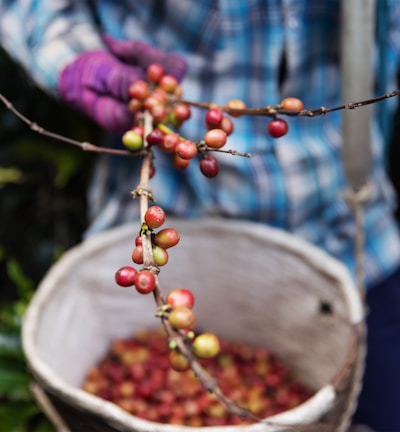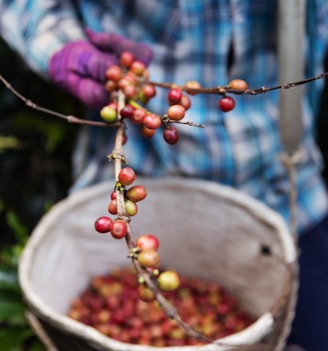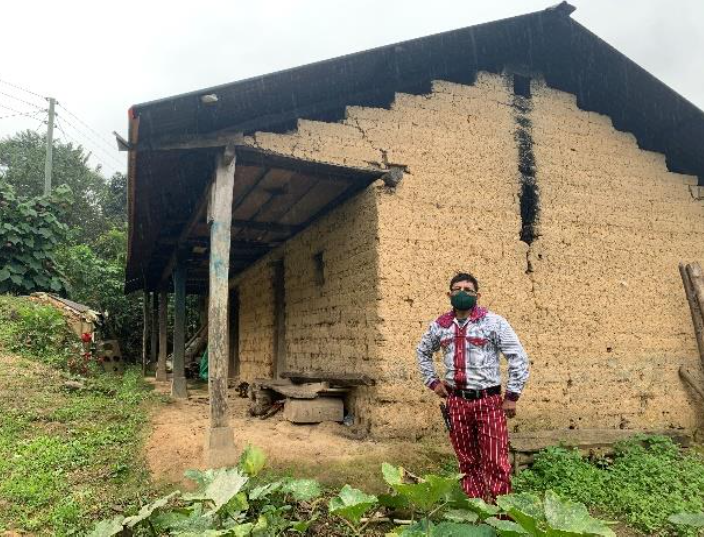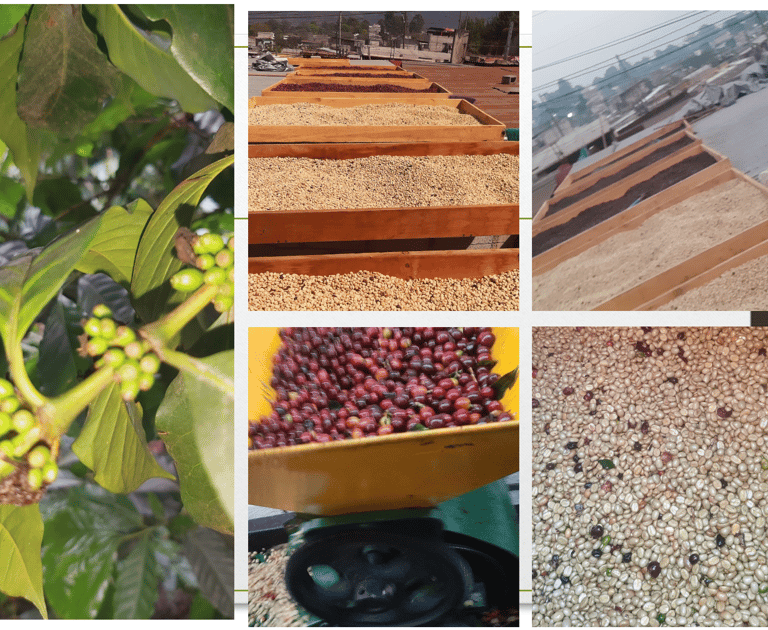Free shipping on orders over $50 amount
About 502 Urban Coffee
I'm Leticia, I'm from Guatemala, but I've been living in the beautiful city of Oakville, Ontario, Canada for 13 years. One of my passions has been enjoying the incredible coffee that Guatemala produces.
A few years ago, while visiting back home, I had the privilege of meeting a few small coffee growers in Antigua Guatemala and got to taste their delicioso cafes. I immediately fell in love with their rich aroma and heavenly fragrance. This was life-changing experience for me. Wanting to bring this experience to Canada, I started looking into how I could bring a bit of this Guatemalan flavours here in my new country.
We would like you to know that small coffee growers, with their artisanal methods, create the finest coffees. We noticed that In the world of small batch production, these hidden treasures often go unnoticed, sadly missing their amazing coffee.
This is the very essence of what fuels our passion – unearthing those hidden gems among small farmers who craft exceptional coffees infused with a labor of love.
I hope you'll join me on this wonderful journey and share in the joy of experiencing these incredible coffees that we've carefully chosen for you!
Love,
Leticia
Prov.3.3 Let love and faithfulness never leave you; bind them around your neck, write them on the table of your heart. 4 Then you will win favor and a good name in the sight of God and man.








Don Macario
Don Macario is a small producer in Todos Los Santos Cuchumatanes, Huehetenango. His farm is located 1400 meters above sea level. Don Macario specializes in producing Bourbon Caturra, a delicious coffee variety that offers a unique flavor profile. When you sip on his coffee, you can expect to enjoy the rich notes of chocolate and the delightful taste of red fruits. With his dedication and expertise, Don Macario ensures that every cup of coffee he produces is of the highest quality. So, if you're a coffee enthusiast searching for a truly exceptional experience, be sure to try Don Macario's coffee from his small farm in Todos Los Santos Cuchumatanes, Huehetenango.
Growers and Farms


Finca Vista del Valle
•"Many years ago, my father and I dedicated ourselves to working in vegetable crops such as carrots, radishes, beets, sweet potatoes, corn, beans, and more.
• Over the years, while these crops provided us with what we needed to sustain ourselves, they saw a significant decline due to the arrival of estate owners who began to work these crops in a more sophisticated manner, sidelining the products harvested by local farmers.
• As a result, my father found himself compelled to switch to a different type of cultivation to support us humbly.
• This is how, 15 years ago, the decision was made to start planting coffee plants. Despite being in an area full of this type of cultivation, coffee from the harvest was always sold. Clearly, we had no idea how this type of business was managed; we only focused on production and delivering for our benefit.
• We began processing the coffee with very little knowledge, solely through observing a group of people who were doing it. Of course, over time, I started researching and participating in training for the basic coffee processing methods. It was there that the idea of processing coffee was born, seeking the most correct approach.
• The harvest begins in early January and culminates in April due to the high altitude where the crops are grown.
• On a harvest day, the coffee is picked by a group of harvesters. Then, we take it home, where it is pulped. It used to be done by a bicycle-powered pulper, but now we use a small pulping machine with a motor.
• Fermentation: For washed coffee, we ferment it for 24 to 48 hours. The variation depends on how the cherry arrived and the weather conditions play a significant role.
• Drying: Since we have limitations and dry the coffee at home, we use beds, the patio, nylon, and even the roof.
• Hulling, after drying, the coffee rests, and then we take it to the hulling machine. We manually sift and select, and also do some by hand.
• We follow the same process for natural and honey-process coffees, taking into account the variations in each process.
